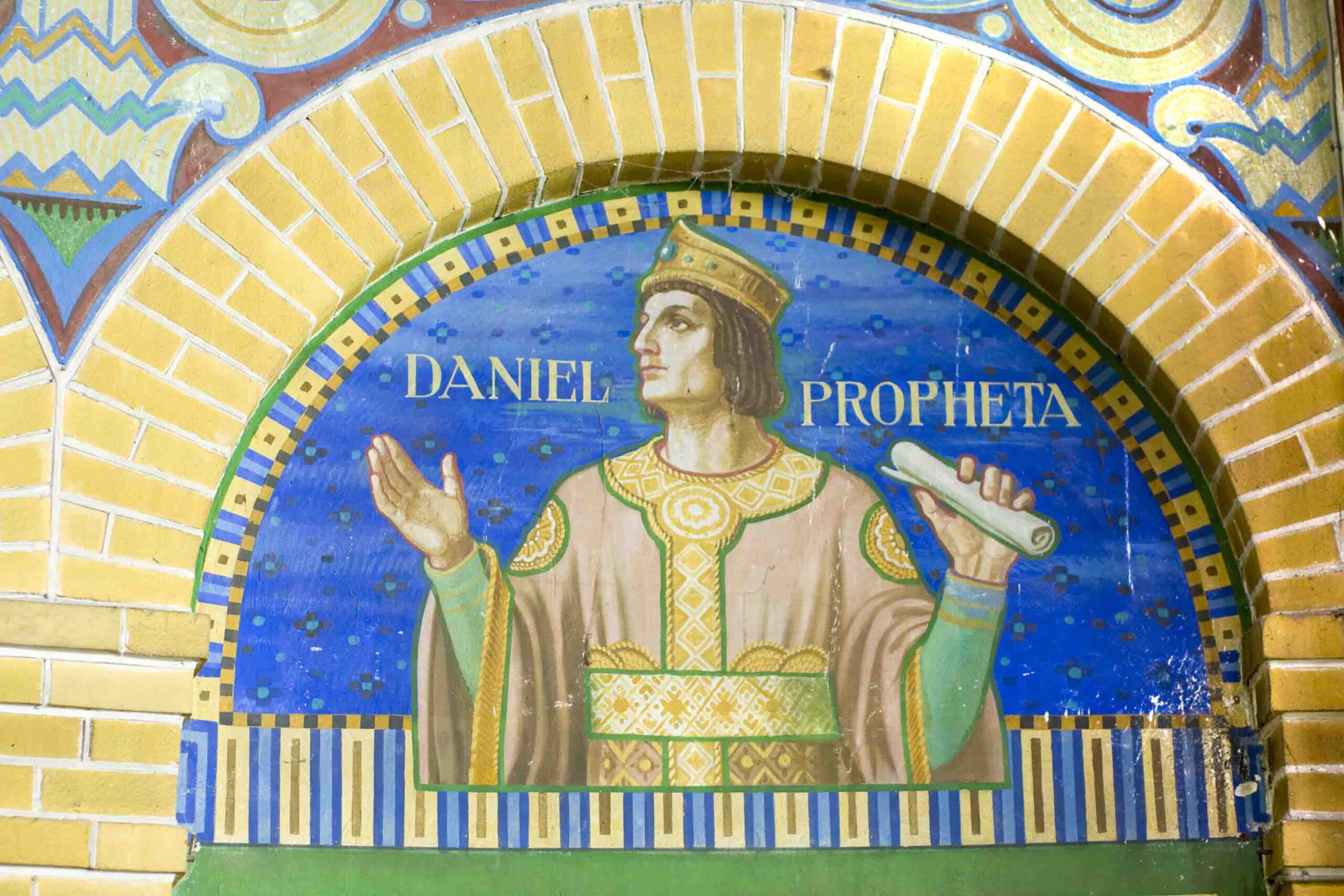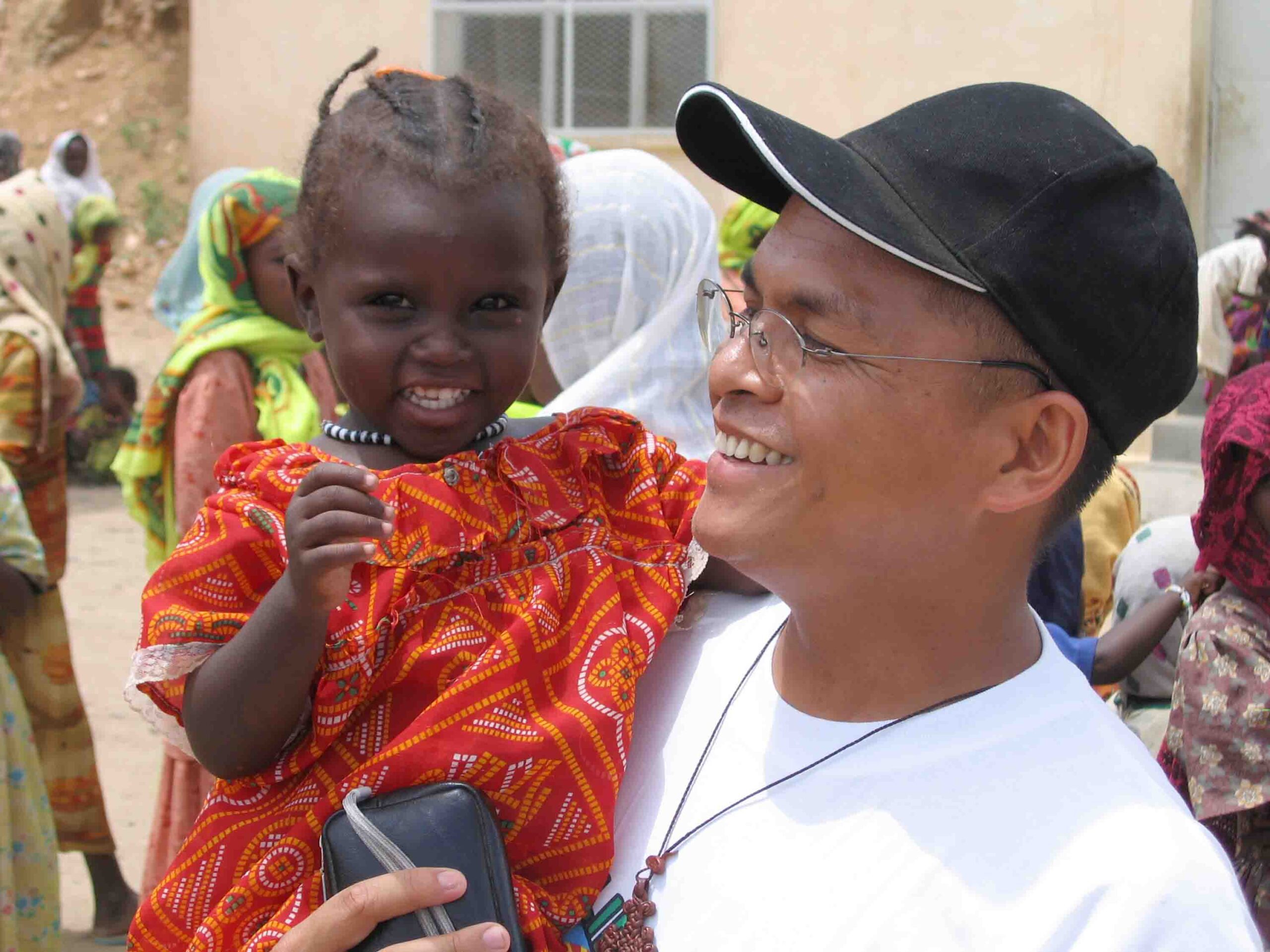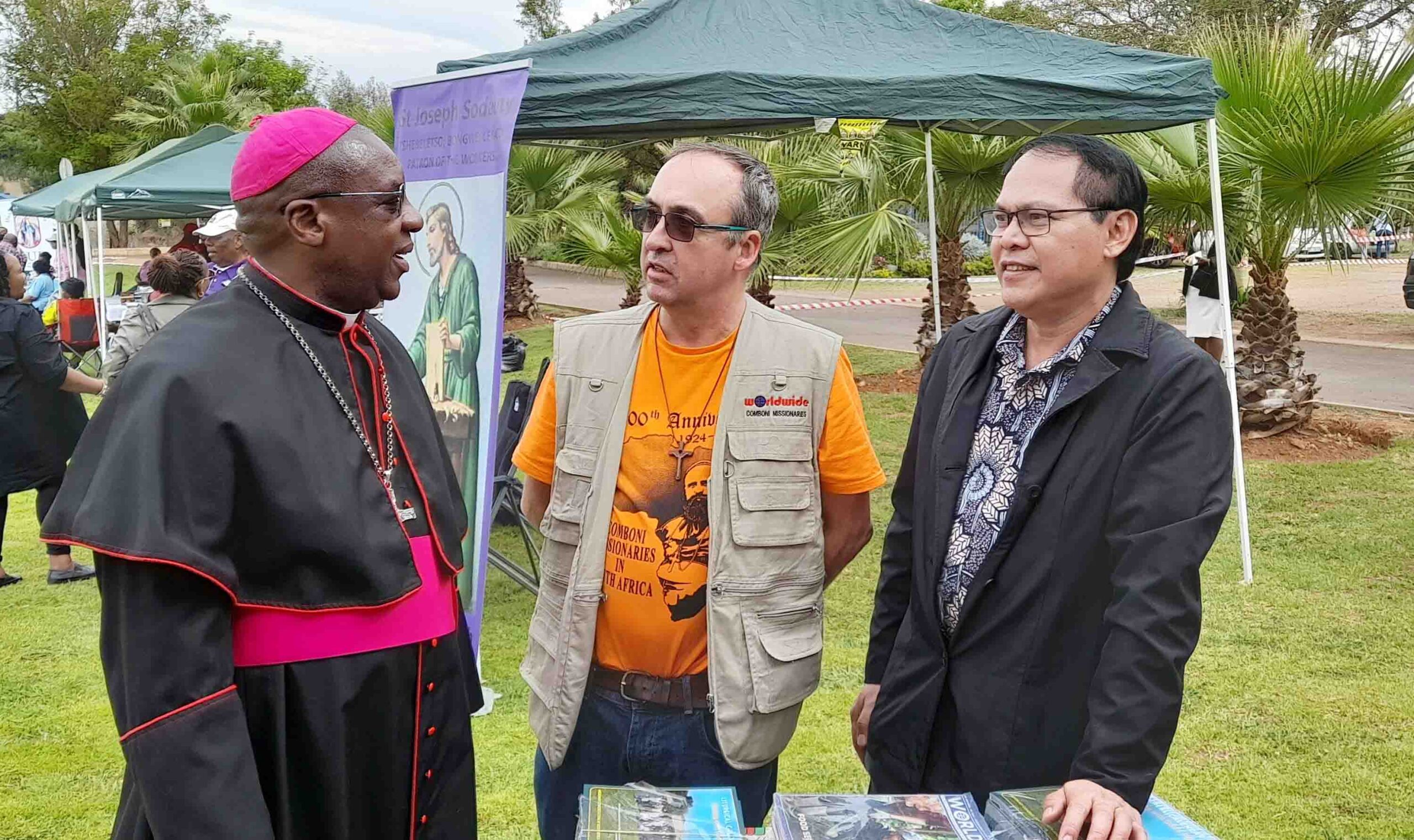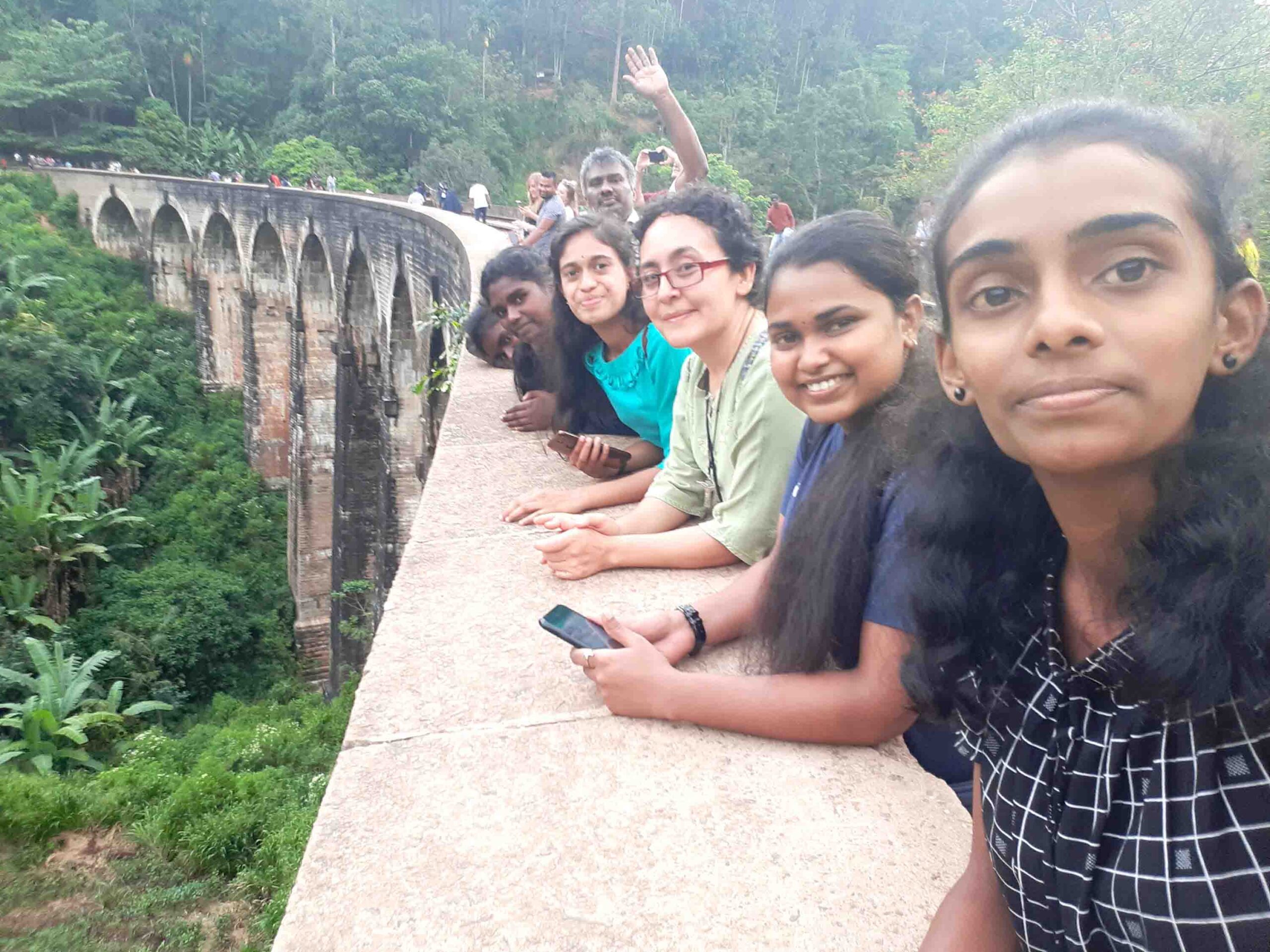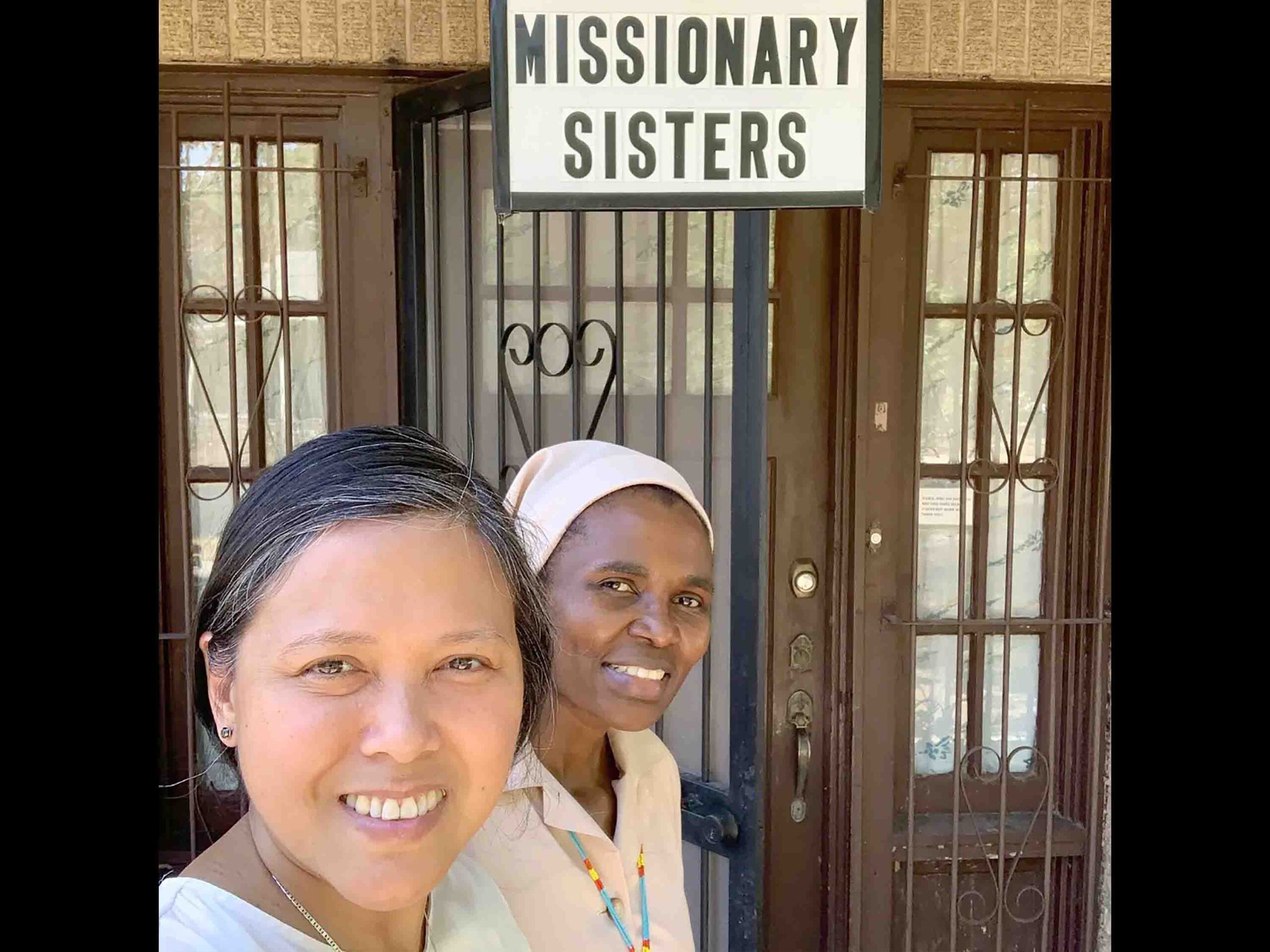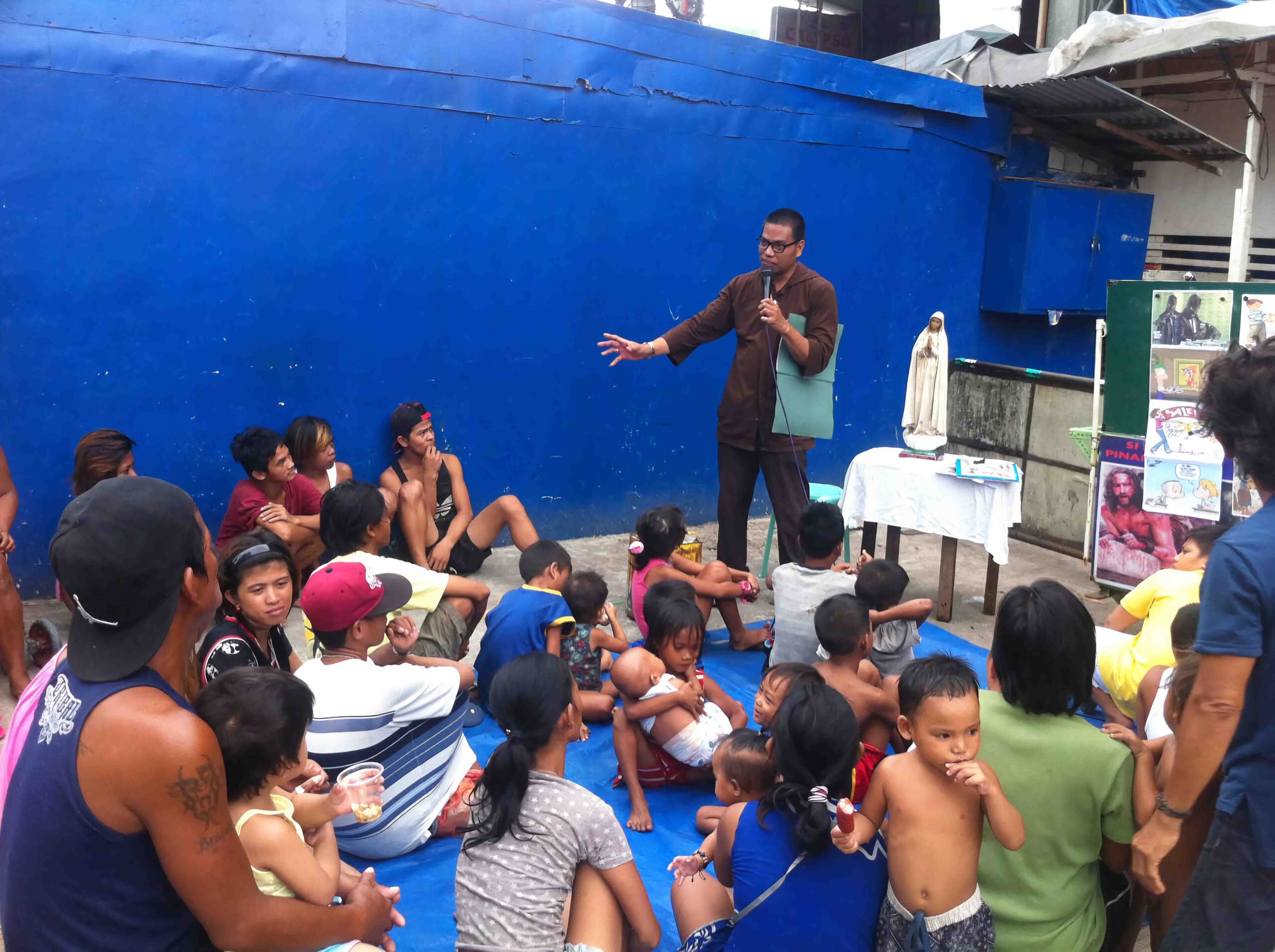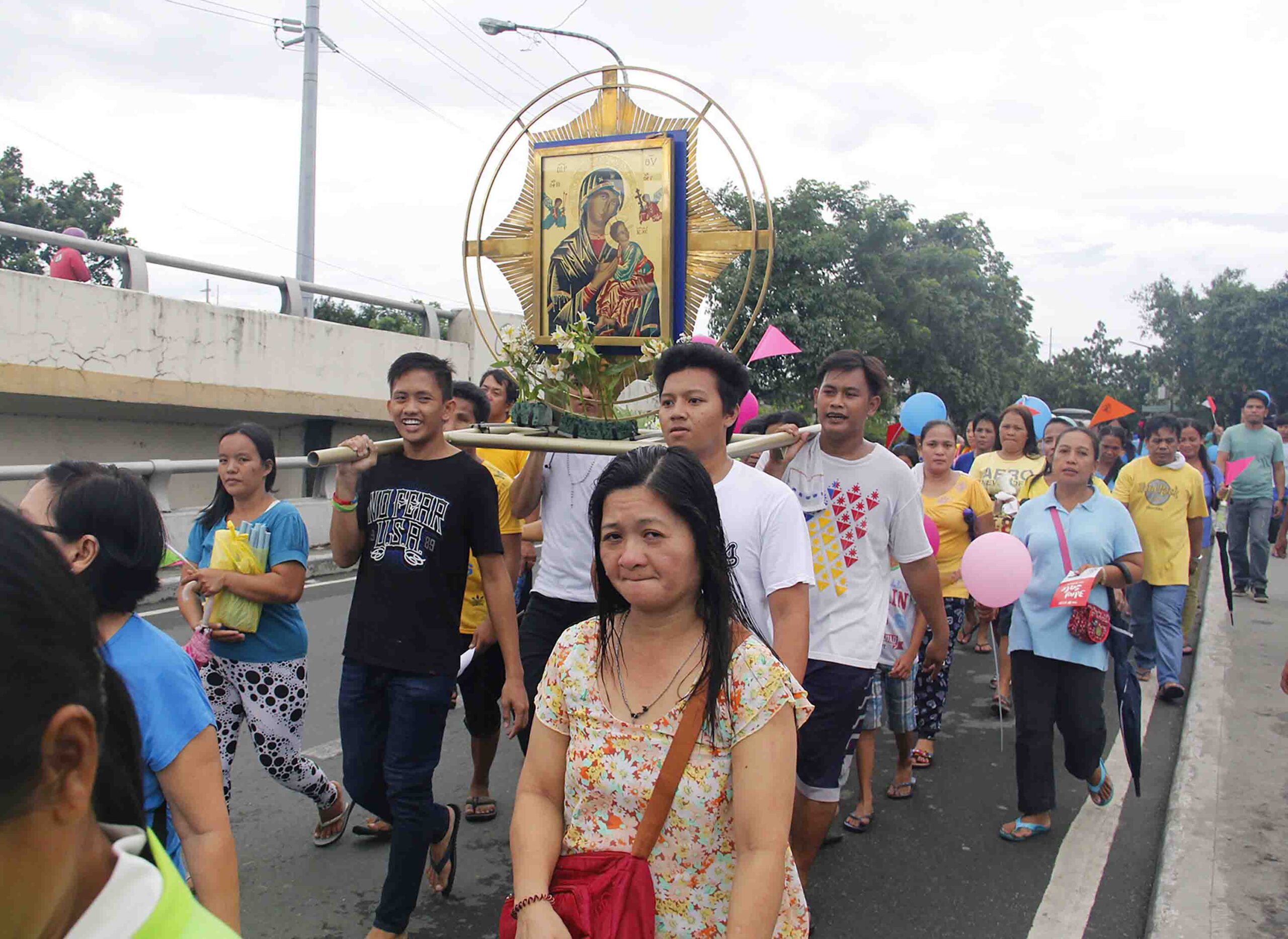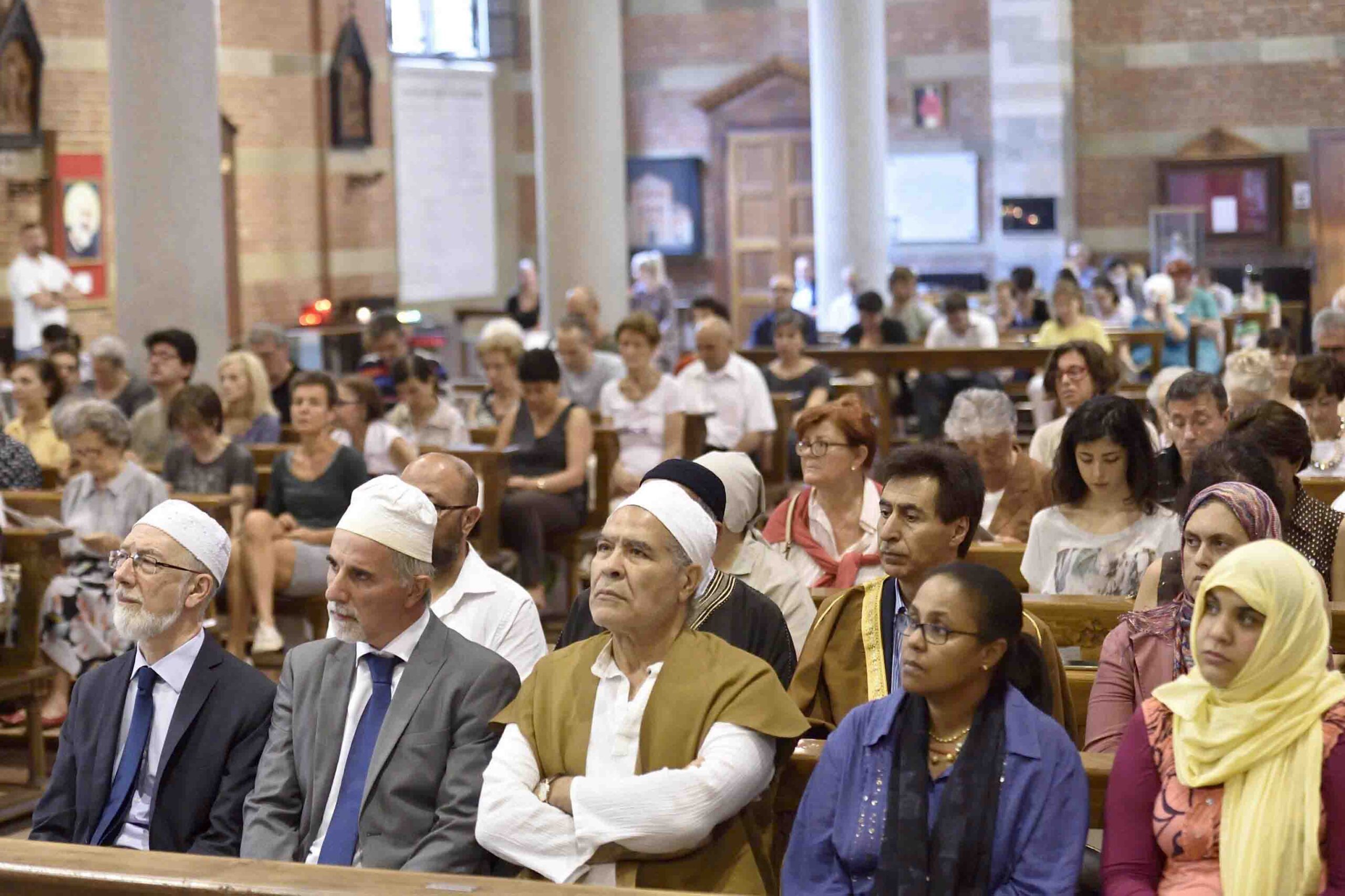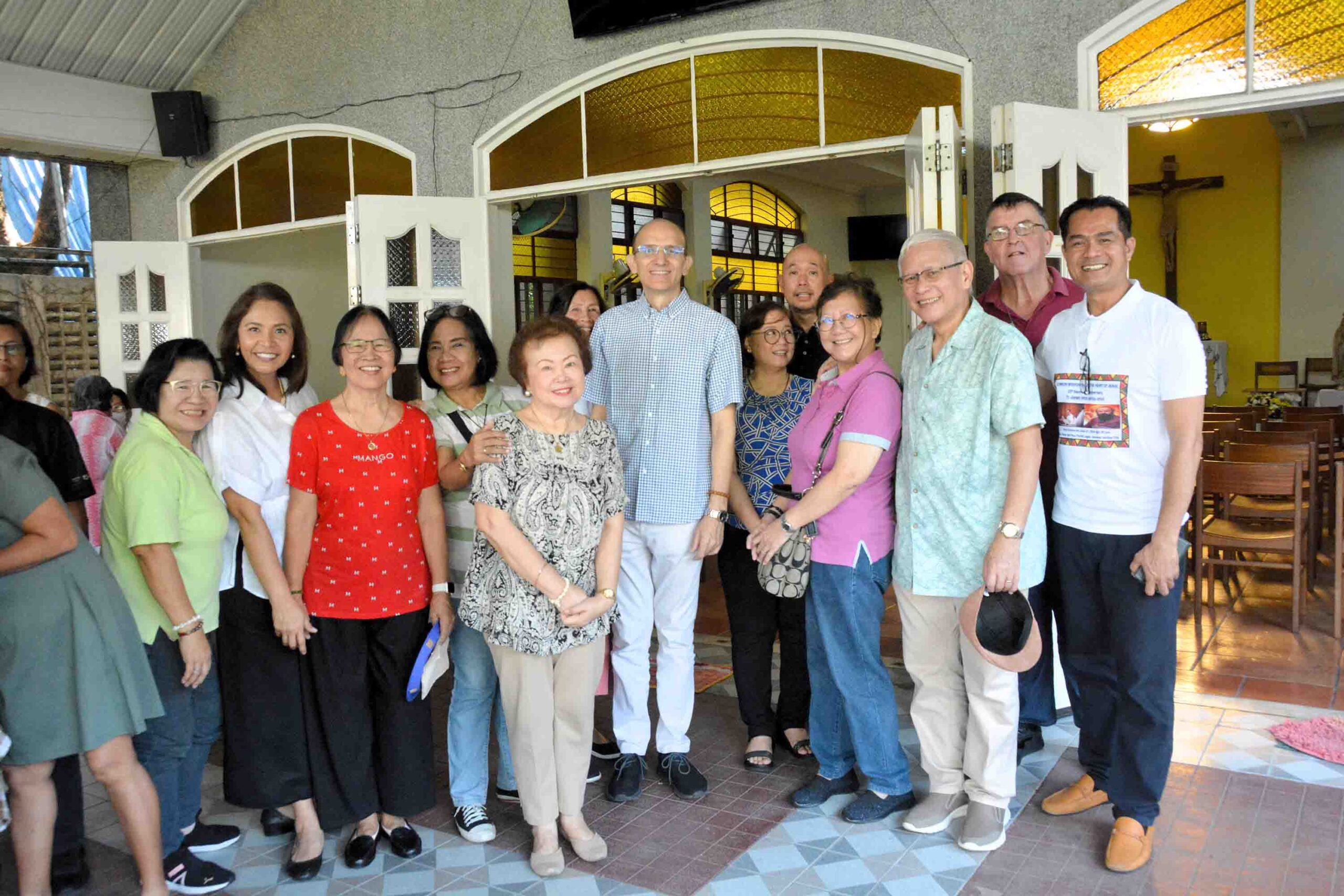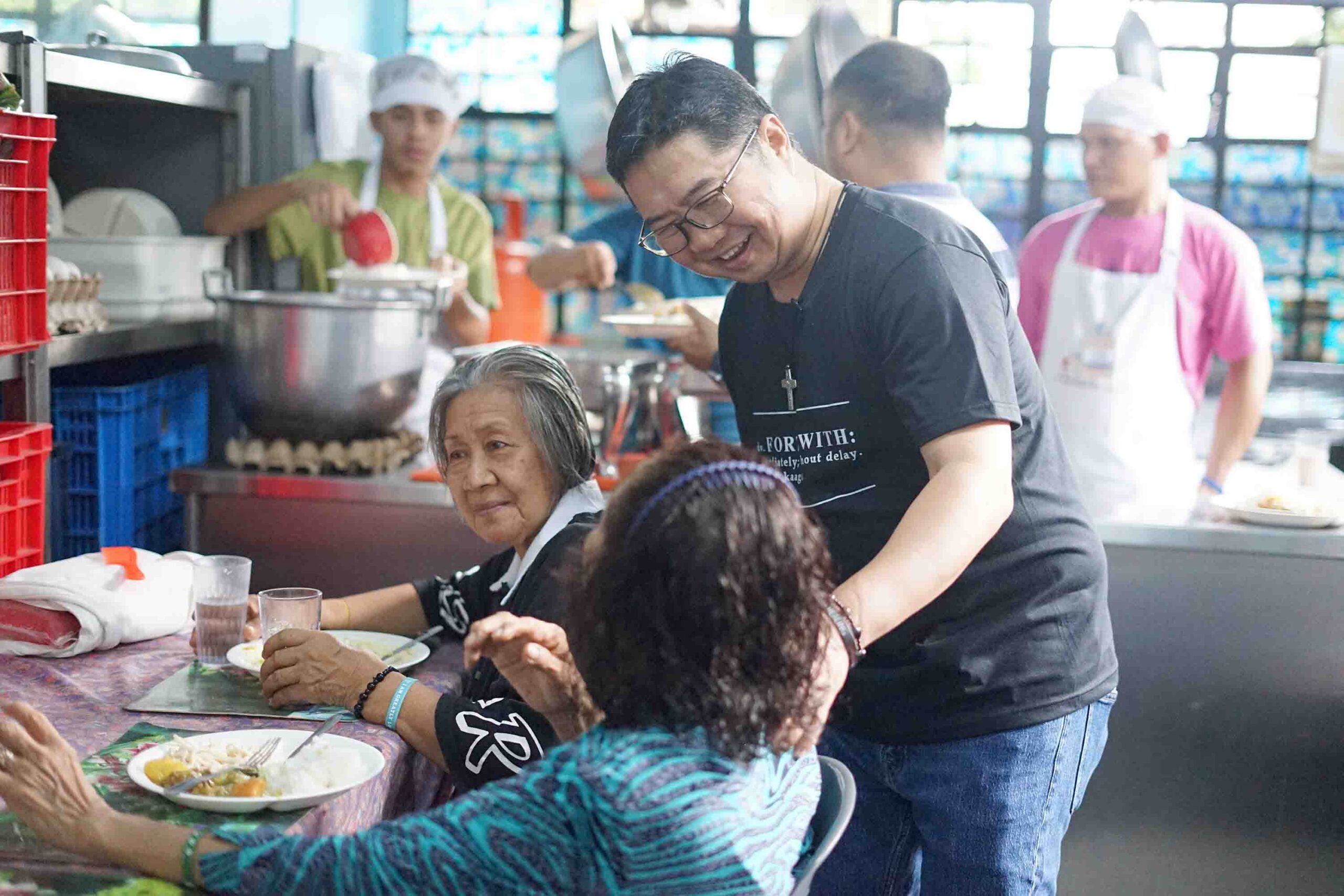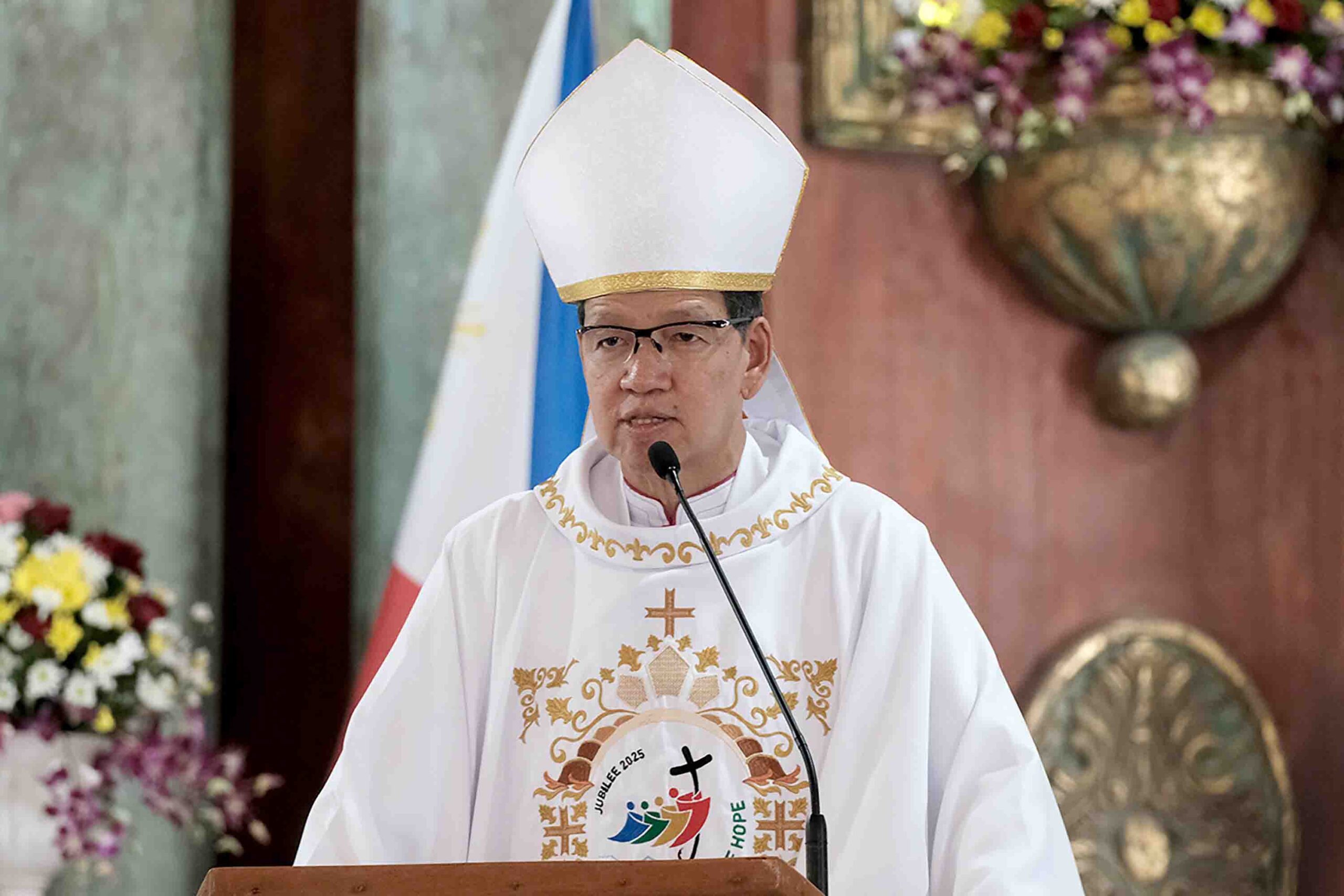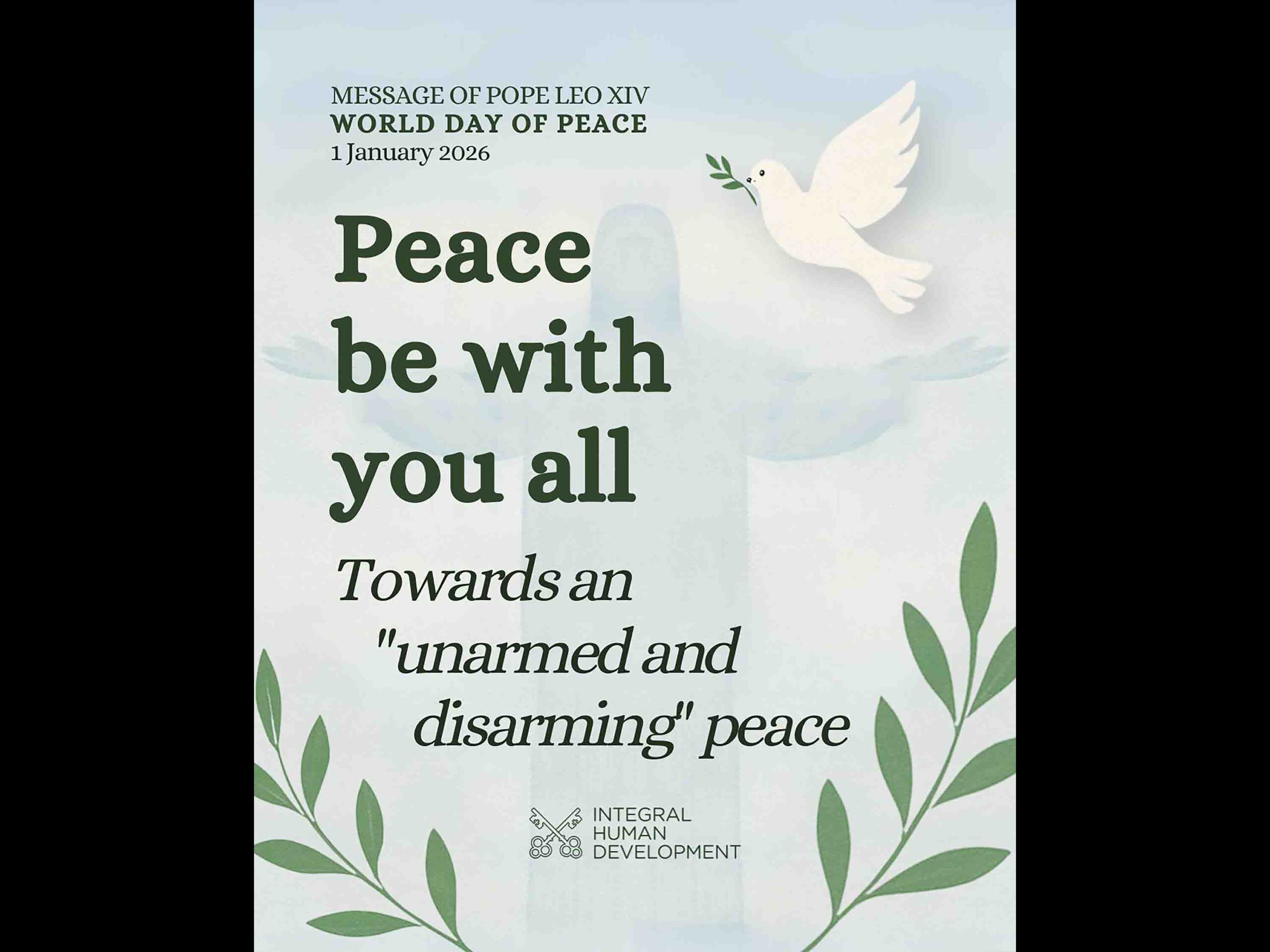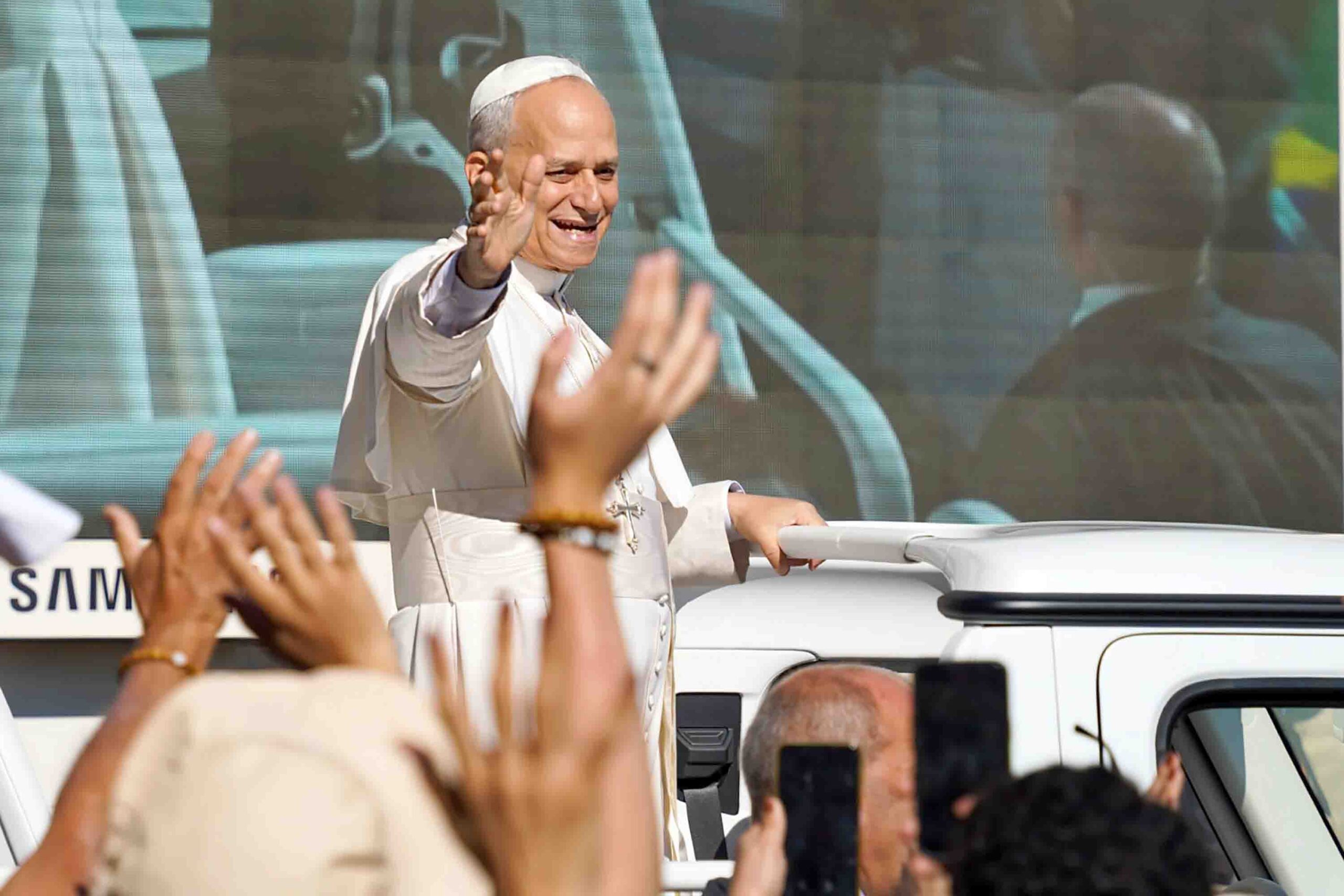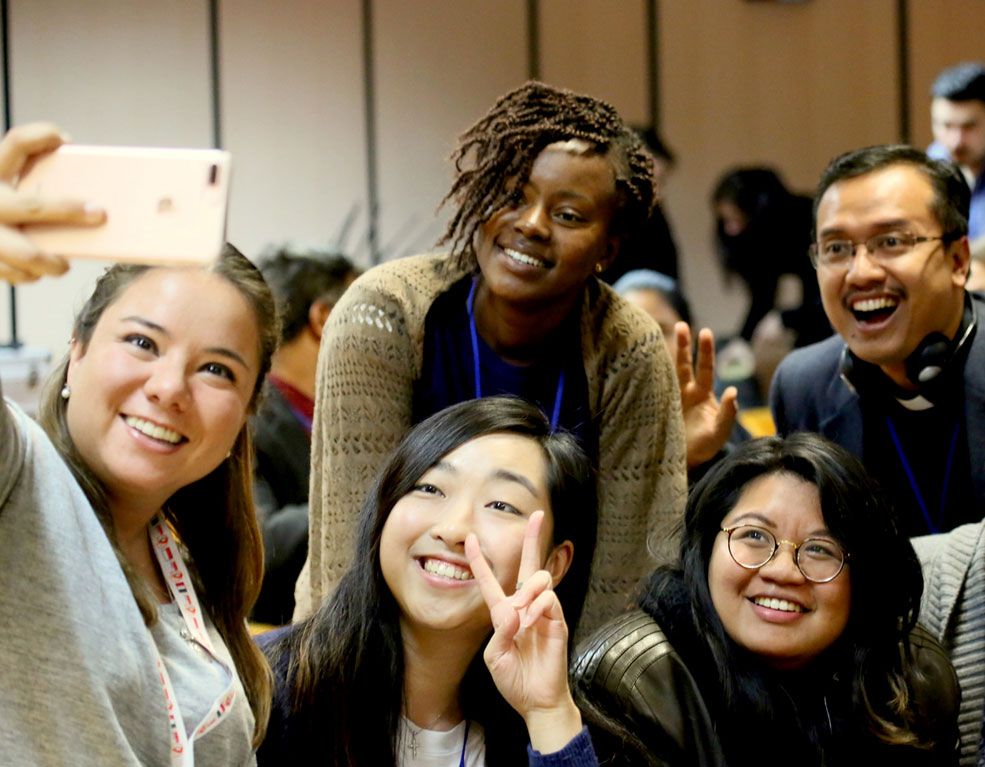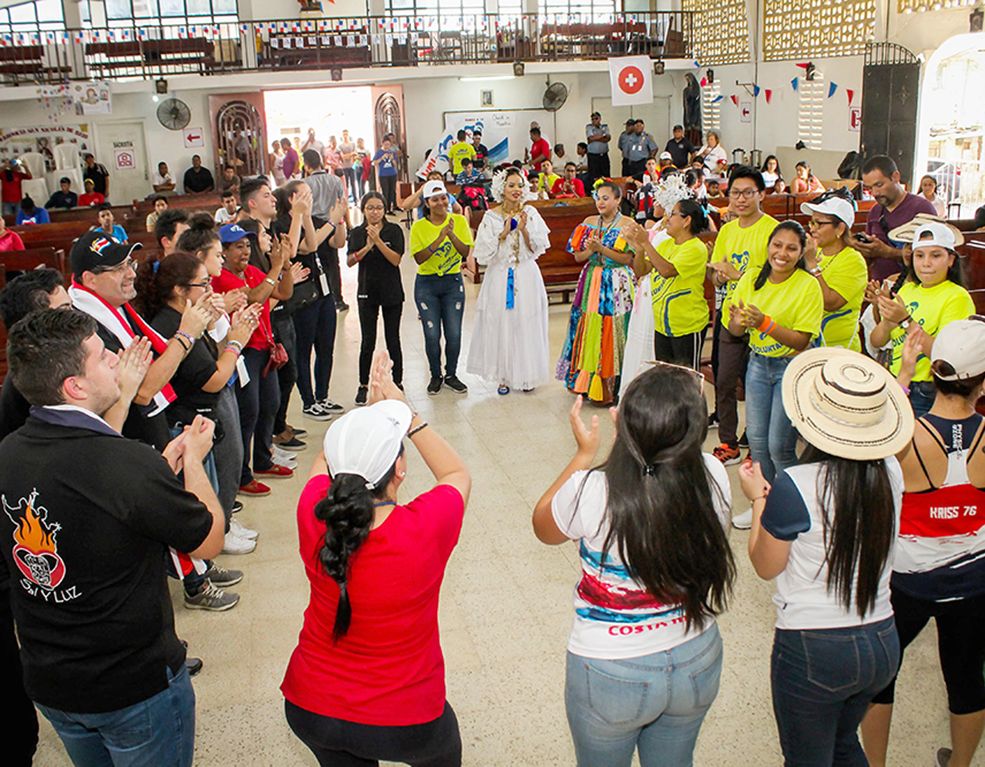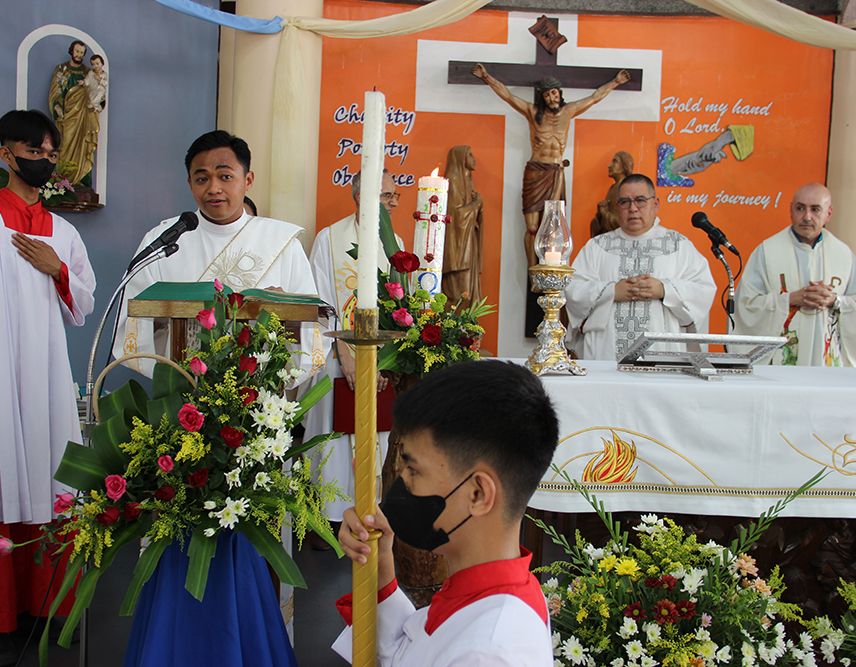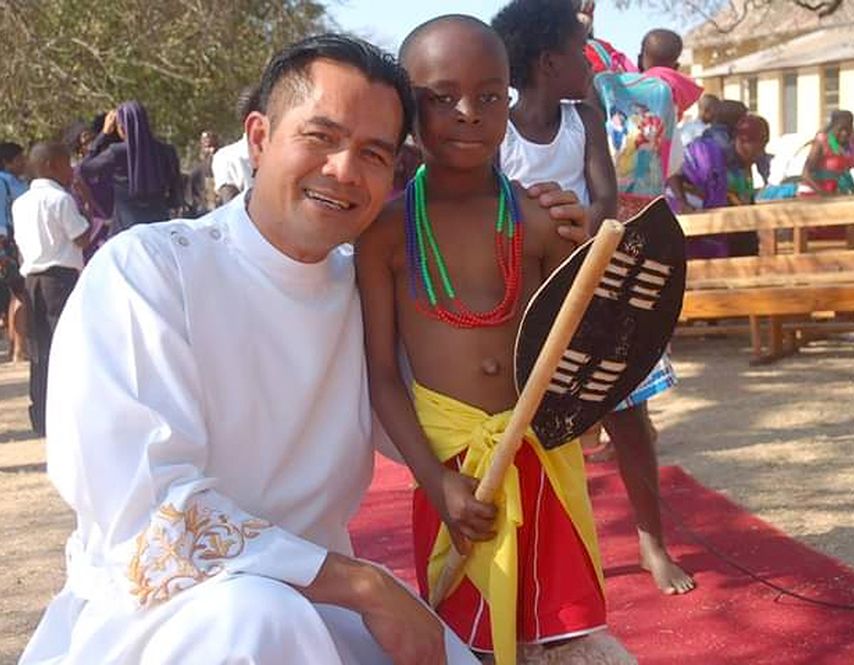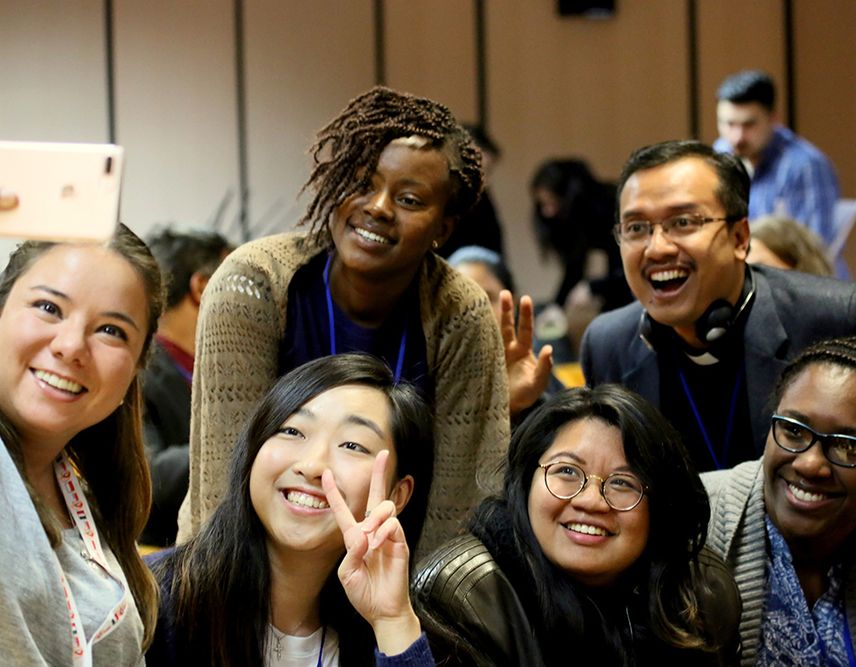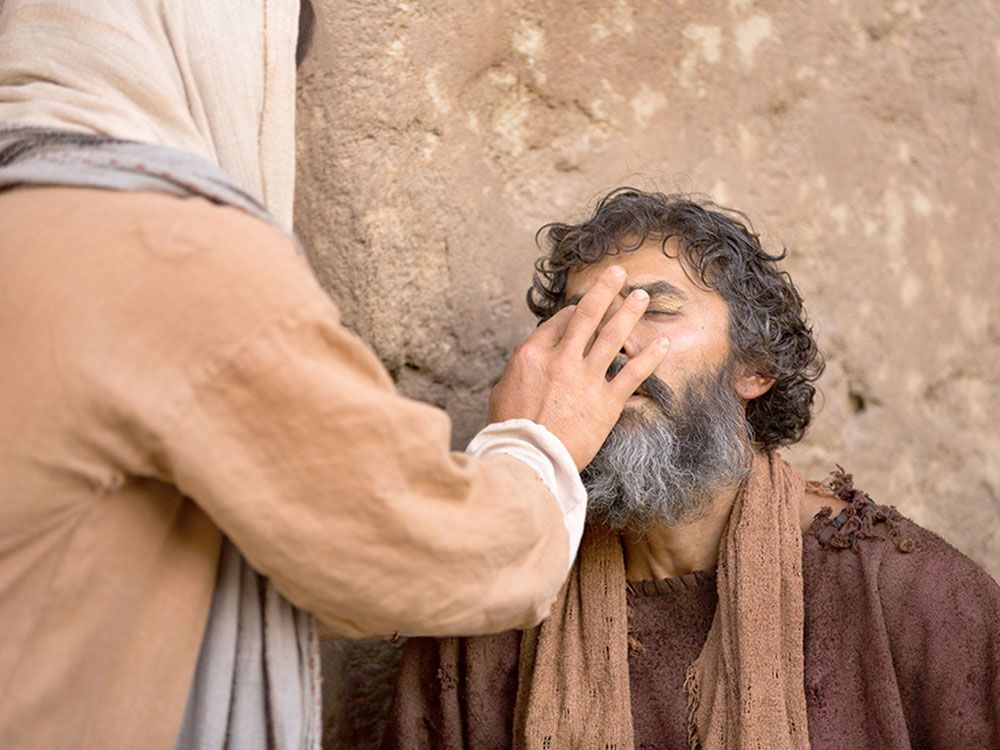The prophet Daniel was an Israelite of noble lineage who was taken into captivity in Babylon (Daniel, 1:3). Together with his friends Ananias, Misael and Azariah, he always tried to be faithful to the Lord, even at the cost of his own life. “To these four young men, God gave wisdom and intelligence in the field of letters and science. Daniel understood all kinds of visions and dreams” (Daniel, 1:17).
After being taken into captivity, the prophet was prepared for service in the Babylonian Empire. For this reason, he would have to eat the delicacies that the king ate, unclean foods that would go against his religious customs. For this reason, Daniel made an agreement with the man in charge: he and his three friends would eat only vegetables and water for ten days and then they would see if they became thinner or weaker.
Now, “after the time set by the king for the presentation of the young men had elapsed, the chief of the servants brought them before Nebuchadnezzar, who spoke with them. Of all the young men, none could compare with Daniel, Hananiah, Mishael and Azariah” (Daniel, 1:19).
Through the gifts that the Lord gave him, namely intelligence, the prophet was able to circumvent the rules of the Babylonian Empire that conflicted with his faith and his worship of the Lord. The example of the prophet and his friends challenges us, too, to always be faithful to the Lord, challenges us to always make God our first choice.
BEING FAITHFUL TO GOD
When Nebuchadnezzar died, he was succeeded by King Darius, who wanted to give Daniel important positions in the kingdom. This aroused the jealousy of the ministers and governors of the provinces, who hatched a plan to kill him (cf. Daniel, 6:8). They proposed that the king order the following prohibition: “Anyone who, within thirty days, makes supplication to any god or man other than you, O king, shall be thrown into the den of lions” (Daniel, 6:8).
The king agreed. They then began to spy on the prophet, and knowing that he prayed three times a day, they denounced him to the king, who, unable to spare Daniel’s life, ordered the prophet to be thrown into the den of lions. The Lord protected Daniel from the lions and, in the meantime, the king had a dream in which he realized that Daniel was innocent of the charges. Darius then sent his accusers to their deaths, restoring the prophet to his post (Daniel, 6:7-25).
Daniel chose to disobey men, the king, rather than be unfaithful to God; he chose to risk his life rather than tarnish his relationship with the Lord. God can always save us! And even if he doesn’t do it the way we want, we are passing through this world and our goal is Christ and nothing can separate us from God’s love (Romans, 8:38).
So many Christians who, despite being persecuted, slandered and even threatened with death, knew how to remain faithful to the Lord and His will: from Stephen, to the Christians killed in the Colosseum in Rome, to Monsignor Óscar Romero. We, too, are invited every day to be faithful to God: love begins in the little things, in the family, in our daily lives, in our relationships, and at work. In everything, listening to God, interpreting reality from God’s perspective and living faithfully to the Lord of Life, Who has plans for humanity.
Daniel helps us to understand the need, with the power of prayer and the Word of God, to discern the signs of the times and thus be courageous witnesses in our world, helping to make the Kingdom of God a reality for all the peoples of the earth.
FAITHFULNESS TO THE MISSION
Sister Delphine Gakpe Amivi is a young Comboni missionary from Togo serving in Chad, Africa. She shares her missionary life: “Since 2019, I’ve been working at Saint Joseph Hospital, where I’ve been in charge of the administration. We get up at 4 am for personal prayer and at 5:30 am we attend parish mass. At 7:30 I’m in my office. The first thing I do is greet the staff and visit the sick. Human treatment is fundamental in the African context.
One of the most complicated things is phoning the pharmaceutical suppliers and following up the medicines until they reach the hospital pharmacy. Many people, employees or visitors, come to my office. My service here consists of listening and supporting. Although sometimes situations are complicated and I can’t solve them, it’s a way of telling people that they are important. In the afternoons, outside of the hospital, I spend my time working with the young people of the parish. As well as training, I also do other more playful activities with them and we have a lot of fun.”

